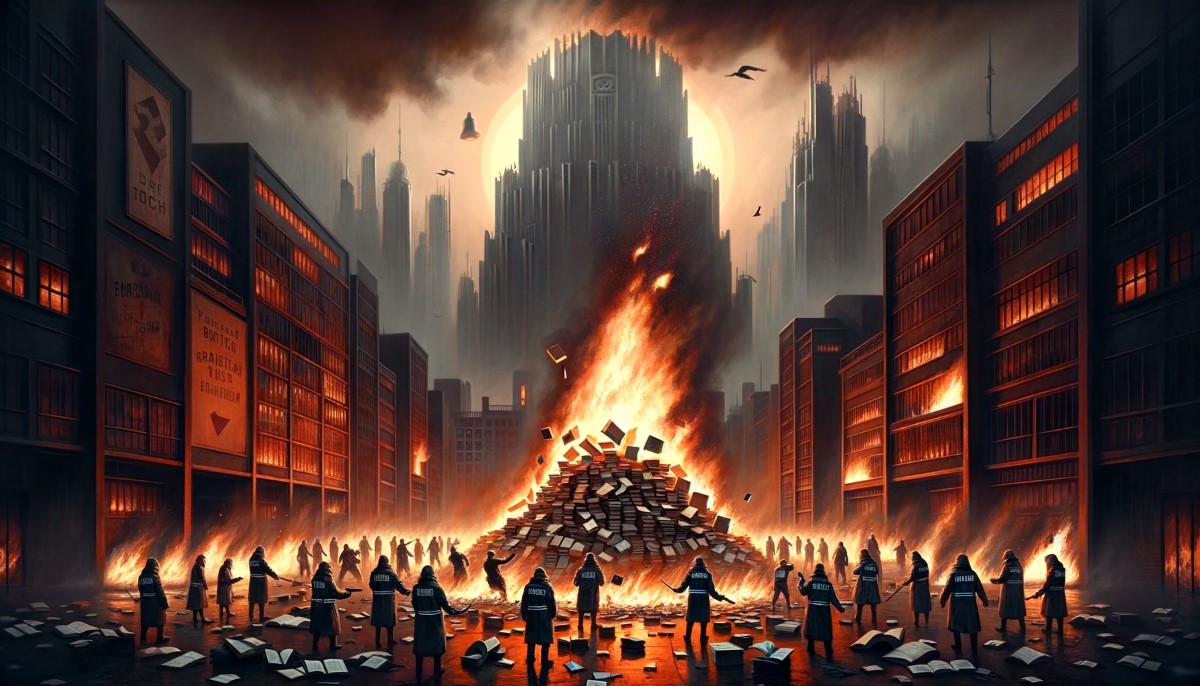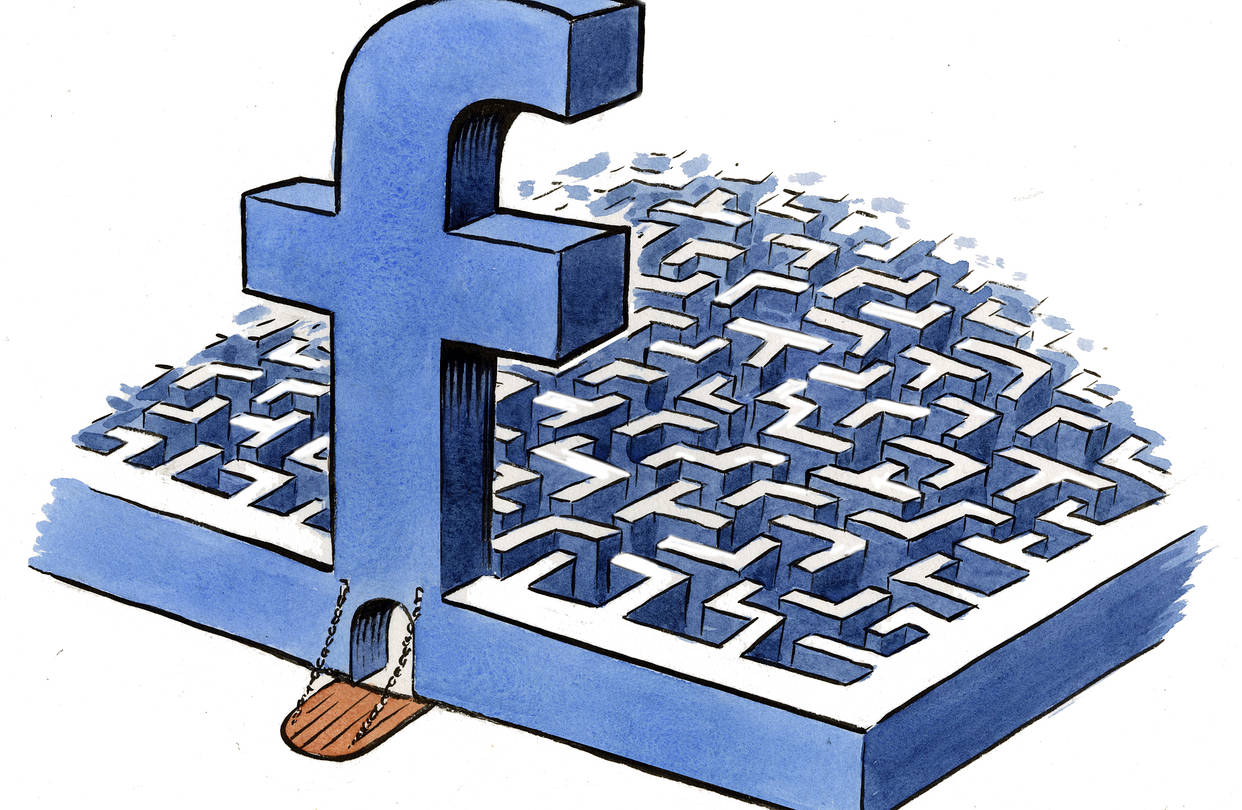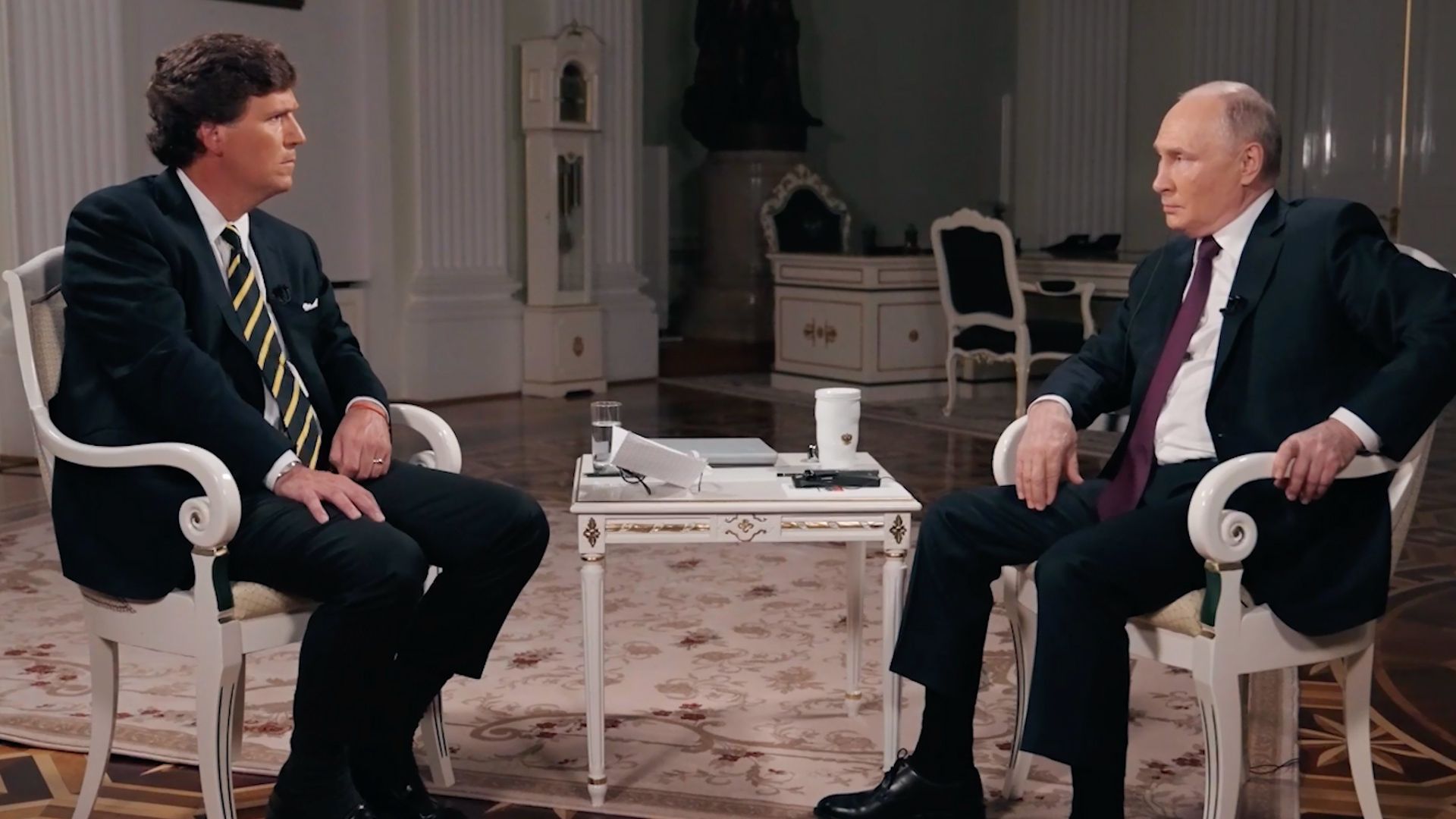The American Library Association reported a record number of requests for the removal of literary texts in public schools and libraries across the United States in 2022, marking a concerning uptick from the previous year. This phenomenon is systemic and expanding. In some states, librarians and teachers risk fines or even jail time if they provide minors with these ‘banned books’. Experts note a shift from past decades when the majority of censorship requests came from individuals, whereas now, group-led efforts dominate. Known for the ‘group polarization’ bias, when individuals with similar or shared views on controversial topics gather, discuss, and engage, their opinions not only strengthen but tend to become more extreme. Often, conservative groups call for the withdrawal of texts, particularly targeting those with LGBTQIA+ content or exploring racism, while groups with opposing worldviews welcome these books, though sometimes they too seek the removal of others.
In 2019, Disrupt Texts was founded by four English language and literature teachers who conduct conferences and seminars across the United States, offer educational consulting to high school teachers, and collaborate with Penguin Classics, a division of Penguin Books. Their stated aim is to diversify and enrich the selection of texts in schools by introducing new works. The literary canon studied during our formative years isn’t the outcome of Darwinian natural selection but the result of cultural choices, not necessarily fair, made over time by those in power. While expanding the range of texts and authors covered is commendable, this isn’t what happens in practice. The limited space available to teachers forces every new addition to come at the expense of another. Although Disrupt Texts claims to oppose censorship and book banning, it encourages teachers to downplay certain authors, cast some works in a negative light, or completely replace deemed harmful texts with more inclusive ones, giving voice to underrepresented groups. Regrettably, according to the association or its supporters, even Homer, William Shakespeare, Francis Scott Fitzgerald, Arthur Miller, and the usual Harper Lee are considered problematic authors who afflict the current literary canon, transmitting wrong values. Shakespeare, in particular, is diminished by claims that placing him on a pedestal as a model is an act of colonialist mentality, tied to white supremacy. Even when people from other cultures admire the English playwright, it’s seen as a result of internalizing these ideas. While there may be some truth to the argument that the literary canon has been the preserve of a self-referential and imposing West, dismissing poor William as neither universal nor timeless, with no greater literary merits than any other playwright, seems an oversimplification and unfair. They argue that schools dedicate too much space to Shakespeare, whose works are criticized for containing violence, classism, racism, anti-Semitism, homophobia, misogyny, and misogynoir (misogyny towards black women). Yet, for example, the monologue of Shylock, the Jewish moneylender in The Merchant of Venice, can be interpreted as one of the most beautiful and angry egalitarian manifestos in literary history, and the sonnets dedicated to a young man and a dark lady, if autobiographical and not merely poetic exercises, lead some scholars to speculate about the poet’s bisexuality and a hypothetical interracial relationship. These verses were once considered so scandalous that for years they were circulated with substantial modifications, such as changing male pronouns to female ones. This shows that the reception of an author often reflects what each reader seeks to prove or desperately uncover in their work. Any text can be potentially harmful if read in the wrong way. It seems even The Catcher in the Rye inspired some assailants or murderers, including Mark David Chapman, who killed John Lennon.
The reductive and moralizing judgments of Disrupt Texts betray a tragic naivety about why literature should be studied. One does not need to share an author’s values to recognize their importance, considering worthy of attention only what conforms to our current sensibilities. Even if the past were pure evil, wouldn’t that be all the more reason to try to understand it, rather than seeing it solely as a horror to forget? It’s good to approach classics without the blind reverential attitude that should have been buried by modern critical thought, but it’s disheartening that among the many supporters of this movement – and many are teachers – some write off The Odyssey as “misogynistic trash” to be discarded, or proudly post on social media about getting it removed from a school program, wearing a T-shirt or hoodie with “DISRUPTOR” printed on it, bought from Disrupt Texts’ website store. This mentality, theoretically born to combat intolerance and discrimination, could paradoxically teach students that anything distant from us lacks value and should be eliminated. The criterion for selecting which works to propose, besides equal representation of all categories, might risk being based not so much on aesthetic value or literary quality but on their palatability. The distance we feel from a text is precious because it forces us to acquaint ourselves with the sentiments of another era and to engage with them, just as the way certain works have settled into our culture helps us understand the present.
We think we know what’s appropriate today, but let’s not delude ourselves into believing we hold the key to tomorrow’s morality. Future generations will judge us, and today’s positions might seem backward and narrow-minded, or conversely, scandalous. Humanity changes, as do language and society, and sometimes, we even take steps backward. Not so long ago, high school teachers still presented the relationship between Achilles and Patroclus as a strong friendship, avoiding passages from classic texts that openly depicted homoerotic love thousands of years ago.
However, as we’ve mentioned, engaging students with a text doesn’t necessarily mean presenting it as an ethical model, nor condoning certain contents, although there has always been some confusion in our pedagogy between studying a work and celebrating it. If you look at your bookshelf, there are many authors you wouldn’t even go out for pizza with. We read Journey to the End of the Night, even though it was written by Céline, a notorious pro-Nazi, but still one of the most influential writers of the 20th century.
We also know that many works of fiction feature characters and narrators whose thoughts and beliefs are not endorsed by the author, whose intent may be precisely to challenge, disconcert, or test our value system, offering a provocatively distant point of view from their own and ours. Nabokov wrote Lolita, but that doesn’t mean he was a pedophile; Bret Easton Ellis wrote American Psycho without being a narcissistic and schizophrenic serial killer; Euripides, in writing Medea, wasn’t advocating for double infanticide.
Movements like Disrupt Texts’ approach to the traditional canon are not unfamiliar even to prestigious universities. In 2021, Howard University in Washington decided to close its classics department. The official reason was “to create different priorities in students’ curricula.” Whatever they meant, the result was more about making it impossible for students to choose a coherent path in that field rather than creating different priorities, arguably a form of censorship, carrying symbolic significance and sparking criticism even from intellectuals not accused of a white supremacist mindset, like Cornel West, a luminary of African American studies, black, socialist, and author of books examining the role of racism, gender, and social categories in the United States. West argued that such decisions betray a misguided and widespread tendency to equate Western culture entirely with the crimes of the West, and he reminded us of how Martin Luther King Jr.’s thought, who earned a doctorate in philosophy, was influenced by the study of classics. Civil disobedience was not a recent invention but was already present in Antigone.
Other universities, which have not taken similar steps, had already adopted systems to flag problematic texts. For content deemed offensive, violent, and causing severe psychological distress, Columbia University limited the presence of Ovid’s Metamorphoses in its curriculum. Similar accusations have been leveled against works by Poe, Dickens, Whitman, Twain, Hemingway, Orwell, Steinbeck, Salinger, Roth…
Perhaps it’s normal for youngsters raised in schools where parents and teachers, regardless of their principles, have taken care to shield them from the perils of literature, to then struggle with non-consolatory works that force them to confront life’s sharp edges and accept the existence of what offends us. This is how the censors of tomorrow are raised: by gradually removing the tools necessary for acquiring critical maturity.
Since the Second World War, Europe, albeit reluctantly, has delegated to the United States the role of cultural innovator in the West, and since then, whether it’s music, artistic avant-gardes, lifestyle phenomena, or thought trends, the current has reversed, flowing from west to east.
In British universities, works like the Beowulf poem and Chaucer’s The Canterbury Tales, deemed violent and misogynistic, are viewed with suspicion, Chaucer being considered the father of the English language and literature, comparable in importance to our Boccaccio.
In Italian universities, we are still too traditionalist to embrace these trends and do not seriously question our classics, but in some cases, for questionable reasons, we manage to turn our backs on those of others. We don’t have to go far in space and time. Some may recall what happened in early March 2022, just days after the Russian invasion of Ukraine: the University of Milan-Bicocca, a state university (and it’s important to note because it’s more serious), chose to suspend a cycle of four free lectures open to all, which Paolo Nori was supposed to hold, each on a novel by Dostoevsky, to avoid criticism in a moment of high tension. Sometimes censorship is exercised preemptively by institutions fearful of negative public opinion, but in trying to avoid controversy, they may actually ignite it, leading to far broader resonance. The Russian propaganda immediately seized upon the news, and within two days, billboards appeared in Moscow and Saint Petersburg proclaiming, “In Italy, lessons on Dostoevsky are banned. We still read Mark Twain with pleasure.” Not that Mark Twain is Italian, but the implication was clear. A Russian TV crew then contacted Nori to shoot a documentary interview at his home about the incident, but he declined. The university’s decision, from the outset deleterious, lacked consistency, and following widespread protests, they offered Nori the chance to reschedule the lectures, including Ukrainian authors for a sort of bizarre wartime parity. It would be as if, because of the Hundred Years’ War, schools decided to teach a French author for every English one, or a Carthaginian poem alongside the Aeneid due to the Punic Wars. Nori, rightly, did not accept the proposal. The cultural world should not hinder the dissemination of a universal author during specific historical events, no matter how tragic. Notes from Underground certainly does not convey Putinist propaganda, nor is Dostoevsky read because he is Russian, but because he is Dostoevsky. The very idea of erasing authors for their reprehensible conduct is debatable, let alone for their nationality or ethnic affiliation. Following a sort of Streisand effect, where attempting to remove something only amplifies its spread, turning into an unintended promotional echo, Nori received invitations to hold, instead of four, hundreds of lectures on the subject worldwide. Perhaps someone who would never have read him was prompted to pick up a Dostoevsky novel, out of a curiosity that, ultimately, is censorship’s greatest adversary.
Guido Giuliano
NoSignal Magazine, February 20, 2024





